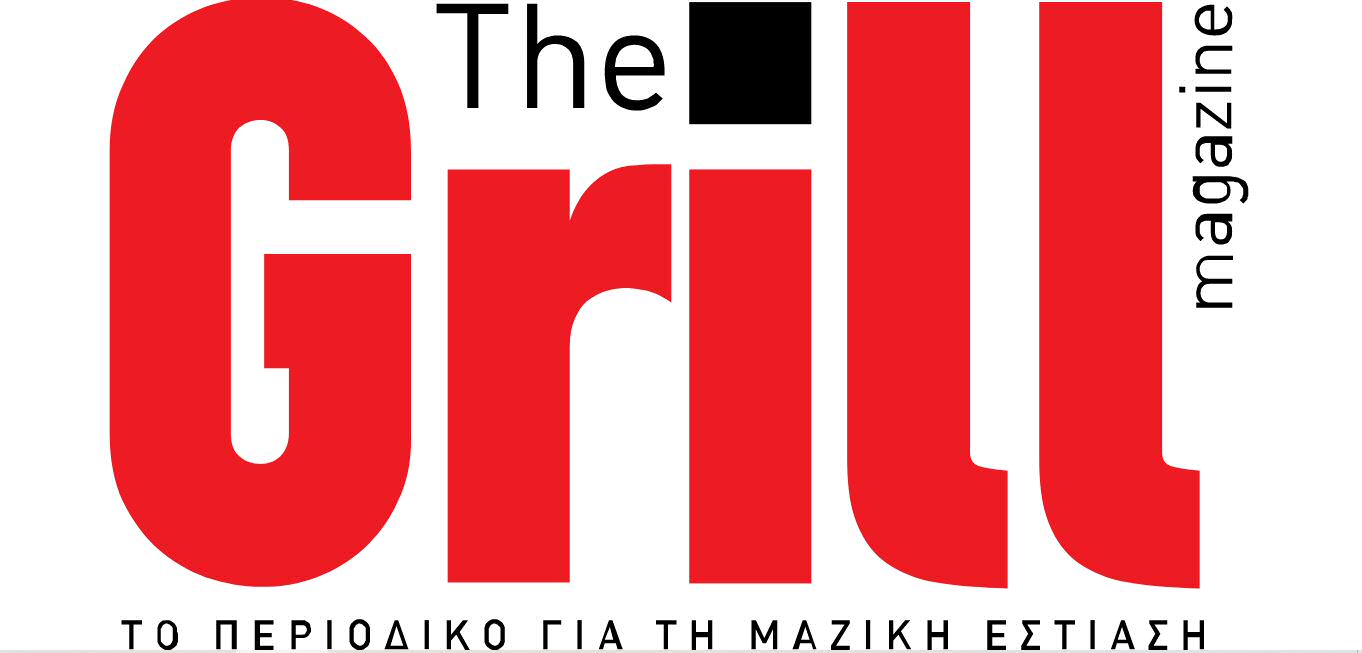 BROUKLIS TAVERNA (CORFU): RECYCLING MANIFESTO
BROUKLIS TAVERNA (CORFU): RECYCLING MANIFESTO
A restaurant in Corfu which respects the environment
In his restaurant called “Brouklis” in Arillas, Corfu, Mr. Dimitris Kourkoulos applies a surprisingly well-organized and incredibly efficient system of environmental management which, along with other actions carried out by the business people of the area, is developing in a small, local green “miracle”.
“Brouklis”, the grill restaurant-taverna owned by Dimitris Kourkoulos in Arillas, in NW Corfu is one of the most exemplary catering businesses on the island, not just because it has a long tradition of quality for 48 years, since it was established by his father in 1973 (D. Kourkoulos is the second generation running the business in the last 30 years), but because it became known all over Greece for the unique environmental management system it introduced.
A system which keeps expanding, enriching and improving while it is linked to the broader - unique in its kind- effort for environmental management made by the whole business community in this marvelous tourist destination of Corfu. “Grill” magazine contacted Mr. D. Kourkoulos and presents his views on a number of issues set to him.
Restaurant and recycling go hand in hand
“We cook in the kitchen and roast on the grill only what we also eat in Arillas. We buy products from our area, meat from the same butcher’s store which has been supplying us for thirty years. Our vegetables are supplied by local producers who also sell their products to the town of Corfu and, generally, we seek to get our raw materials from suppliers as close to the restaurant as possible”, says the passionate Corfiot restaurateur .
It is well known that during the last five years, Corfu has again encountered many problems in respect with waste disposal and management; it is also well known that in the years 2018-2019, there were serious incidents between the locals and the Police forces about the landfill (and this one not the first time…). “The waste crisis in Corfu forced us to try to find solutions. I am not a “weird” ecologist, I am a businessman in the catering sector who seeks to turn the “disadvantage” of our area into an “advantage”; in fact, this is what business people in this country have been doing for years”, he points out.
The proactive Arillas Business Association decided, after a public consultation, to create an integrated waste management system on their own resources. “Each one of us bought a waste bin, we opened a recycling centre in a building and a space given to us for free by an individual; we collaborated with a private company for the collection of the recyclable waste which we separate by type and we managed to reduce the non-recyclable waste. For instance, after a study we carried out (we actually weigh everything), we found out that 63% of the mixed waste should not be disposed at a landfill because it is recyclable! This rate in the Municipality of Athens is 3-4%”, the Corfiot restaurateur reports.
Composting for saving cost
Mr. D. Kourkoulos also launched his own composting project. “In my restaurant, at almost 20 metres from the farthest table, we created the composting system, in the fields and there is no smell at all. All organic waste-with the exception of animal waste-end up in there. Some might consider it a hard work. Not at all! Indeed, if you get used to it, within a week you may do it mechanically. First of all, composting offers a clean kitchen. Next thing, it offers an excellent fertilizer for the garden. Imagine that for a quantity of let’s say 20 kgr of daily waste which, due to the evaporation will soon become 500 gr, the Municipality of Corfu should come and collect, transport it to the waste transfer station and then send it to the town of Kozani with which our Municipality has entered into a very expensive contract-300 euros per ton of waste- as regards the disposal of non-recyclable waste”, he explains.
As Mr. Kourkoulos informs us, the plastic bottles of water have not been used for many years in his restaurant as the only materials used are paper, glass and porcelain. The disposal of cooking oil is also ecological while the restaurant has a modern special sealed sewage tank for the filtering of the kitchen sink waste “so that no chemical ends up in the environment through the sewage system, but just clear water. By using the reverse osmose system for the treatment of the water, we have also reduced the use of detergents in the dishwasher, simply because we use soft water”.
The shop is supplied by an off-grid photovoltaic system which supplies energy to the restaurant via lithium batteries; the conventional electricity current is used only as auxiliary energy supply, while the businessman informed us that in the near future he will install a station for the recharging of electric vehicles.

